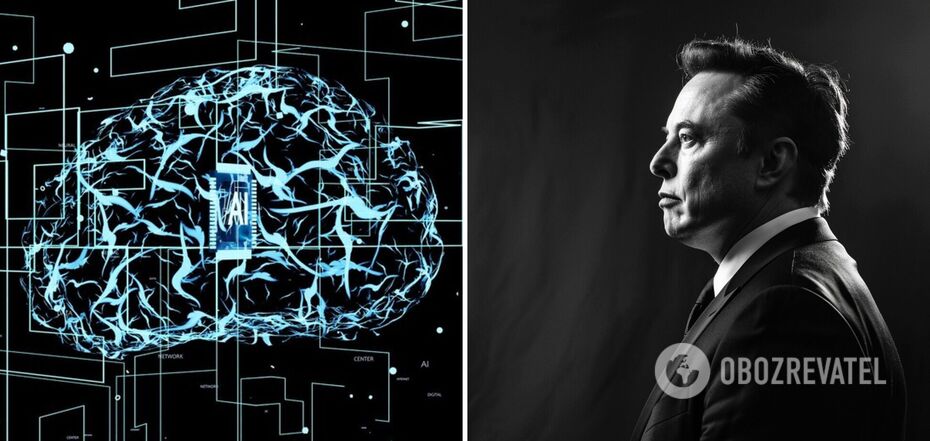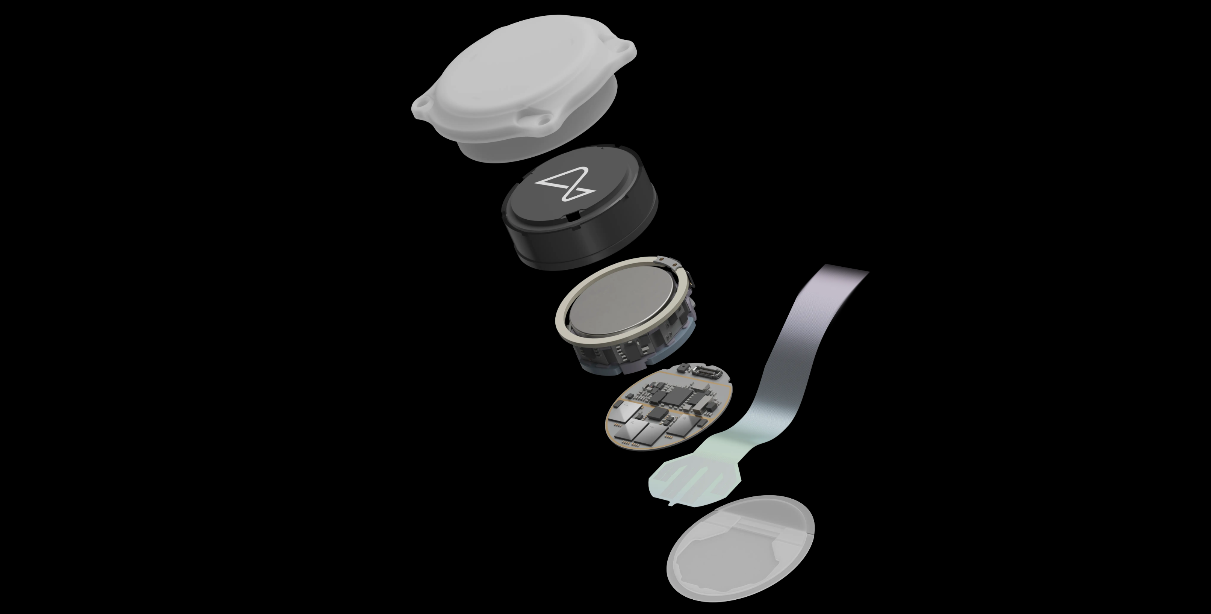News
Elon Musk's brainchild Neuralink has serious ethical problems: what scientists say
Elon Musk's startup Neuralink is designed to help people with disabilities feel fulfilled. However, the project has recently faced harsh criticism from the scientific community.
Inverse talked to Neuralink about the potential risks associated with installing a small chip directly into the brain and the ethical issues it has faced. Neuralink has developed a chip called N1, which is to be placed in the part of the human brain that controls movement.
The device records and processes electrical activity and then transmits this data to a phone or computer. Thanks to this, people with paralyzed limbs can be able to control technology.
But in practice, everything is not as carefree as in theory.
Animal cruelty
In 2022, the US Department of Agriculture investigated animal cruelty at Neuralink. This happened after the company's employees accused it of numerous failed procedures in pursuit of results.
At the time, the inspection did not reveal any violations, but it became known about a so-called "adverse surgical event" in 2019. Neuralink reported it on its own.
Insecurity of information
Neuralink will collect a huge amount of data on users' neural activity. Questions arise about how this data will be protected and who will have access to it.
All scientists and ethicists are particularly concerned about the possibility of identity theft, password hacking, and blackmailing patients.
Risks
Implantation of the Neuralink chip requires a risky surgical operation involving opening the skull. In addition, scientists are concerned that if the implanted device fails, it will be incredibly expensive, difficult, and dangerous to repair
Loss of funding
It's possible that brain-computer synthesis will indeed improve the lives of people with disabilities, but no one is immune to unforeseen situations.
If the project ceases to exist due to loss of funding, the consequences for patients who have already tried this technology could be devastating. This raises acute questions about whether it is ethical to provide access to breakthrough medical projects at such an early stage.
Social inequality
One of the most important ethical issues related to Neuralink is justice.
Elon Musk has said that his goal is to help humanity, including healthy people, "keep up" with artificial intelligence. However, there is a high probability that only wealthy people will be able to afford to implant a chip in their brains, which will increase social inequality.
Subscribe to OBOZ.UA channels in Telegram and Viber to keep up with the latest events.




























